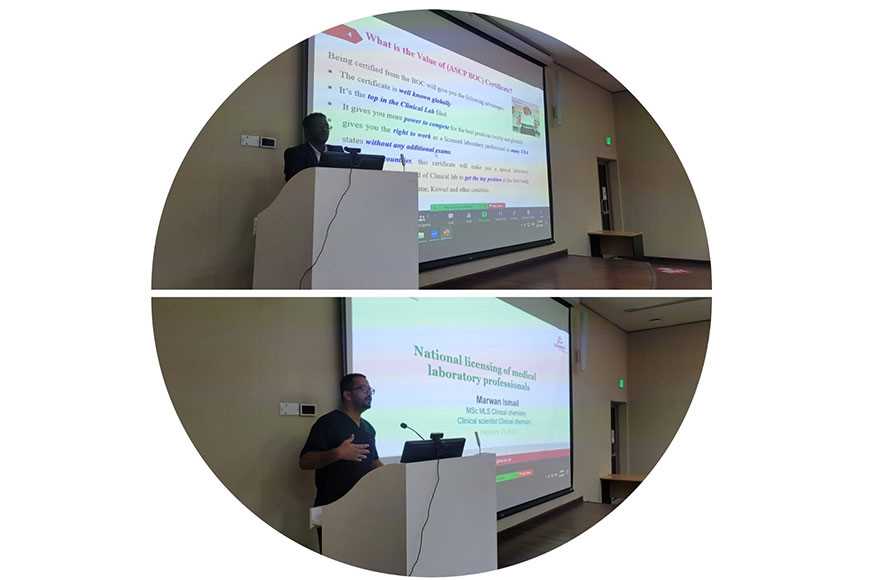
Achieving professional certification in the field of laboratory science opens doors to career advancement and credibility. However, to be eligible for certification, individuals must meet specific criteria set by certifying bodies. These criteria are designed to ensure that candidates possess the necessary knowledge and skills for their respective roles. Knowing the key prerequisites and steps involved is essential for anyone aiming to take the next step in their career.
There are several factors to consider before applying for certification, such as academic qualifications, practical experience, and specific training. Different certifications may have varying requirements depending on the specialization and level of expertise. It is crucial to thoroughly understand these standards to ensure a smooth application process and avoid common pitfalls that could delay or prevent certification.
In this guide, we will explore the essential factors that determine who can pursue certification and how to fulfill the necessary conditions. By following the outlined requirements and preparing effectively, individuals can increase their chances of success in the certification process and ultimately achieve their professional goals.
ASCP Exam Eligibility Overview
To pursue professional certification in the laboratory field, candidates must meet specific qualifications set by certifying organizations. These standards ensure that individuals are properly prepared to perform tasks with expertise and competence. Each certification has its own set of requirements, including education, experience, and sometimes additional criteria based on specialization.
Understanding these prerequisites is crucial for anyone considering this path. By meeting the necessary conditions, candidates can apply with confidence and move forward in their careers. Below is a breakdown of the general factors that determine who can qualify for certification in laboratory science:
- Educational Requirements: Candidates must have completed an accredited program in the relevant field. This often includes a degree in medical technology or a related discipline.
- Work Experience: Certain amounts of hands-on experience are often required. This may include working in a laboratory setting under supervision to gain practical skills.
- Specialization Considerations: Additional qualifications may be needed depending on the specific area of focus, such as microbiology, hematology, or clinical chemistry.
- Training Programs: Some candidates may need to complete specific certification programs or continuing education courses to meet the standards.
By carefully reviewing these factors, candidates can ensure they meet all the necessary conditions and are fully prepared for the next steps in the certification process.
Basic Requirements for ASCP Certification
To qualify for professional certification in the laboratory sciences, individuals must fulfill a set of essential criteria. These requirements are designed to ensure that candidates have the proper training and experience to perform tasks effectively and safely in a clinical environment. Meeting these conditions is the first step toward obtaining certification and advancing in the field.
Educational Prerequisites
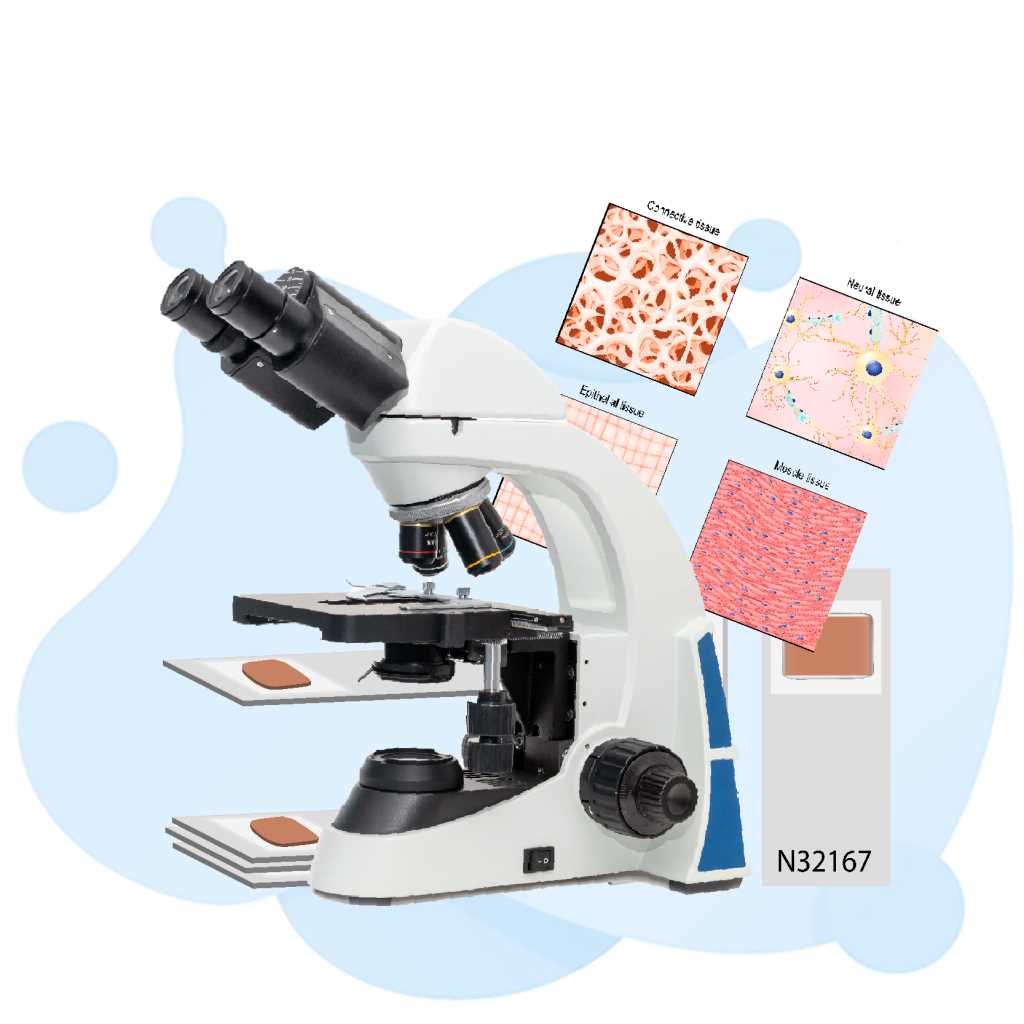
Candidates are typically required to have completed a formal education program in a relevant field, such as medical laboratory science or a related discipline. This education usually includes both theoretical coursework and practical training in laboratory settings. The specific requirements may vary depending on the certification track, but accredited programs are generally required.
Professional Experience
In addition to education, candidates often need to accumulate a certain amount of hands-on work experience. This experience must be gained in a clinical or laboratory environment, allowing individuals to apply their knowledge in real-world scenarios. The required duration of work experience can vary based on the level of certification being pursued.
| Certification Track | Educational Requirements | Work Experience |
|---|---|---|
| Medical Laboratory Technician | Associate degree in medical laboratory technology | 12 months of clinical experience |
| Medical Laboratory Scientist | Bachelor’s degree in medical laboratory science | 6 months to 12 months of clinical experience |
| Specialist Certifications | Varies by specialty | 1-2 years of experience in the chosen specialty |
By meeting these basic requirements, candidates can be considered eligible for certification in their respective fields, ensuring they have the foundation necessary to excel in their careers.
Educational Prerequisites for ASCP Exam
To pursue certification in laboratory sciences, candidates must first meet specific academic requirements. These prerequisites ensure that individuals possess the necessary foundational knowledge and skills to succeed in their field. Completing the right educational programs is essential before applying for professional recognition.
Candidates are typically required to have completed an accredited academic program related to medical laboratory science. This can range from associate degrees to bachelor’s degrees, depending on the level of certification sought. The programs often combine classroom instruction with hands-on laboratory training to ensure practical competence.
| Certification Type | Required Educational Level | Program Focus |
|---|---|---|
| Medical Laboratory Technician | Associate Degree | General laboratory techniques, clinical practices, and basic laboratory sciences |
| Medical Laboratory Scientist | Bachelor’s Degree | Advanced laboratory practices, specialized diagnostic techniques, and laboratory management |
| Specialist Certifications | Varies (Bachelor’s or Master’s Degree) | Specialized fields such as microbiology, hematology, or clinical chemistry |
Successfully completing the necessary educational programs is a key first step toward gaining certification in laboratory science, providing candidates with the knowledge required to work effectively in various clinical and laboratory environments.
Work Experience and ASCP Eligibility
In addition to academic qualifications, hands-on experience is a crucial factor for qualifying for professional certification in laboratory science. Practical training in real-world environments allows candidates to apply theoretical knowledge and develop the skills necessary for performing clinical tasks effectively. The amount and type of experience required can vary based on the certification level being pursued.
Required Work Experience
Candidates seeking certification typically need to complete a specific amount of supervised work experience in a clinical or laboratory setting. This experience ensures that individuals are well-prepared to handle the responsibilities of their role. The length of time needed may differ depending on the certification type, but it is generally expected to be between 6 months and 2 years. During this period, candidates work closely with experienced professionals to gain valuable insight and hands-on training.
Types of Relevant Experience
Work experience can be gained through various positions in laboratory settings, such as:
- Clinical laboratories: Working in settings that perform diagnostic tests, analyze samples, and support medical decision-making.
- Hospital laboratories: Gaining experience in larger medical facilities, often involving a wider range of specialized tests and equipment.
- Research laboratories: Contributing to scientific studies and learning advanced techniques used in research and development.
Proper documentation of this experience is necessary when applying for certification, as it demonstrates that candidates have met the professional standards required to work in their chosen field.
Understanding the ASCP Certification Pathway
The journey toward professional certification in the laboratory sciences involves several well-defined steps. Candidates must first meet the educational and experience requirements, followed by completing the application process. Understanding the overall pathway helps individuals navigate their way to certification with confidence and clarity, ensuring that they fulfill all necessary conditions along the way.
The certification process typically begins with the completion of required education and relevant work experience. Once these prerequisites are met, candidates can proceed with the application process, which involves submitting documentation and fulfilling any additional requirements. Upon successful completion of the required steps, candidates can achieve their certification and advance in their careers.
| Step | Action | Requirements |
|---|---|---|
| Step 1 | Complete Accredited Educational Program | Associate or bachelor’s degree in a relevant field |
| Step 2 | Gain Relevant Work Experience | Experience in a clinical or laboratory setting |
| Step 3 | Submit Application for Certification | Documentation of education and work experience |
| Step 4 | Achieve Certification | Completion of all application steps and acceptance of qualifications |
By understanding these steps and preparing thoroughly, candidates can confidently pursue certification, ensuring they meet all required standards and expectations for their chosen profession.
Is ASCP Exam Right for You
Deciding whether to pursue certification in the laboratory sciences is a significant step in your professional journey. While it offers numerous benefits, including career advancement and enhanced job prospects, it’s important to carefully evaluate if this path aligns with your goals and qualifications. Understanding the demands of certification and the opportunities it provides can help you make an informed decision.
Consider Your Career Goals
If you are looking to work in a clinical laboratory or similar field, certification may be the key to unlocking better job opportunities and higher earning potential. However, it’s crucial to assess whether the certification aligns with your long-term career objectives. Consider the following questions:
- Do you want to work in a specialized field, such as microbiology or hematology?
- Are you seeking advancement in your current role or looking for new opportunities?
- Do you prefer working in clinical settings or research laboratories?
Evaluate Your Qualifications and Commitment
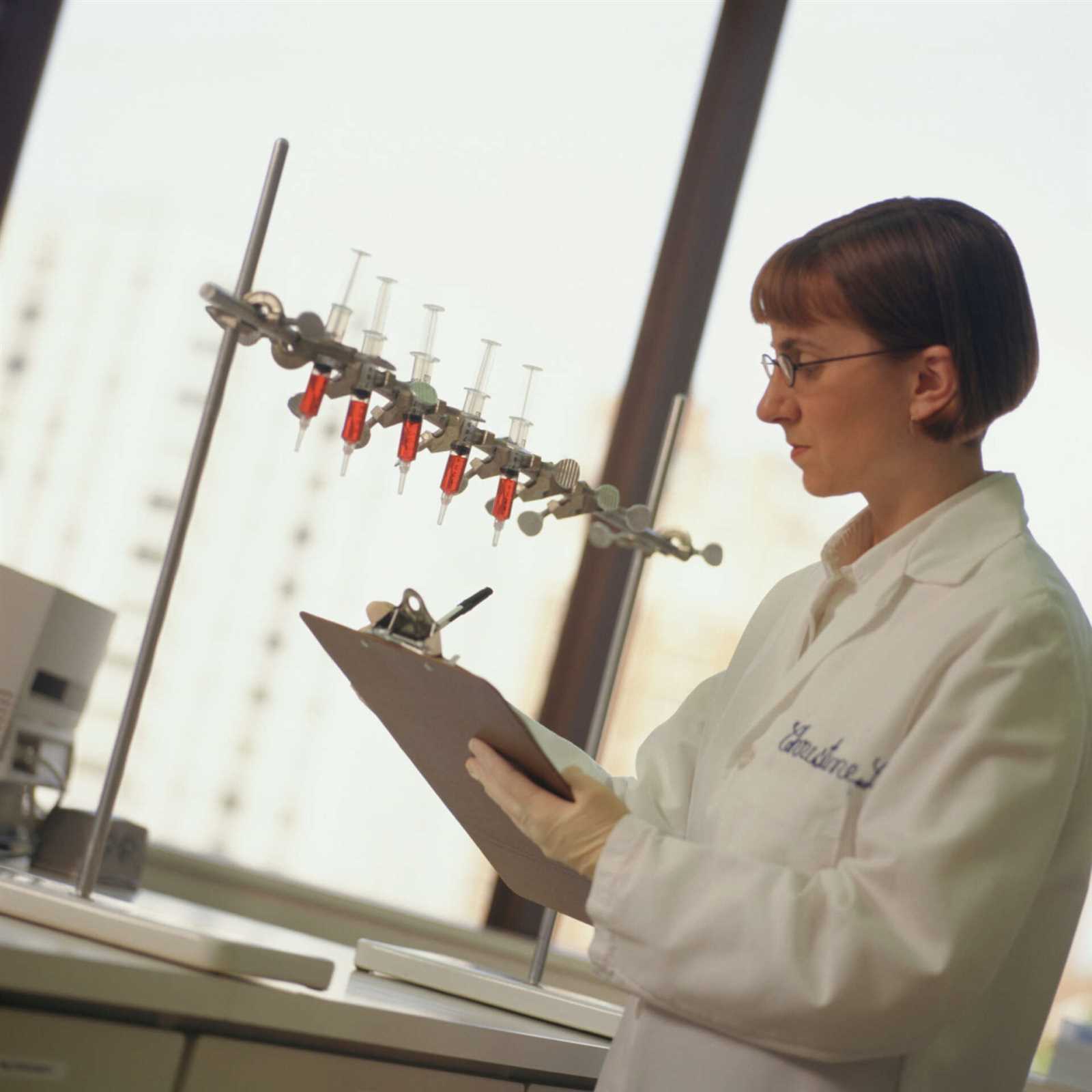
Before pursuing certification, ensure that you meet the necessary qualifications and are willing to invest time and effort into the process. Certification typically requires specific educational credentials and hands-on experience. Additionally, maintaining certification may require ongoing professional development. Ask yourself:
- Do you have the required academic background and work experience?
- Are you prepared to commit to the necessary training and professional growth?
- Do you understand the demands of the certification process and are you ready for it?
By honestly assessing your goals, qualifications, and readiness, you can determine if certification is the right choice for you and whether it will help you reach your professional aspirations.
How to Meet ASCP Exam Qualifications
To successfully qualify for professional certification in the laboratory sciences, candidates must ensure they meet specific prerequisites set by the certifying organization. These criteria typically include a combination of education, hands-on experience, and sometimes additional training or courses. Understanding how to meet these qualifications is essential for ensuring a smooth application process and achieving certification.
Meeting the qualifications involves fulfilling the required educational background, gaining practical work experience, and sometimes completing additional certification programs or continuing education. Below is a breakdown of the common requirements to meet these qualifications:
| Requirement | Details |
|---|---|
| Education | Completion of an accredited program, such as an associate or bachelor’s degree in medical laboratory science or a related field |
| Work Experience | Experience in a clinical or laboratory setting, typically ranging from 6 months to 2 years, depending on the certification level |
| Specialized Training | Some certifications may require additional courses or workshops in specific areas, such as microbiology or clinical chemistry |
| Application Process | Submission of all required documents, including proof of education, experience, and any relevant certifications |
By carefully ensuring you meet each of these qualifications, you can confidently proceed with the application process and move closer to achieving professional certification in your field.
Necessary Documentation for ASCP Application
When applying for professional certification in laboratory sciences, submitting the correct documentation is a crucial step in the process. The necessary documents verify that applicants have met the educational, experience, and training requirements set by the certifying organization. Properly compiling and submitting these materials ensures a smooth review of your application.
Key Documents to Prepare
To complete your application, you’ll need to gather several important documents that demonstrate your qualifications. These typically include:
- Proof of Education: Transcripts or diplomas from accredited academic institutions showing completion of the required programs.
- Work Experience Documentation: Verification of your clinical or laboratory experience, often in the form of a letter from your employer or supervisor.
- Professional Training Certificates: Additional training or certifications that may be required for specific areas of specialization.
- Identification Documents: A government-issued ID or passport to verify your identity.
- Application Form: The official form required by the certifying organization, filled out accurately with your personal and professional details.
Additional Requirements
In some cases, you may be asked to submit extra documentation, such as:
- Continuing Education Records: Proof of ongoing education, if applicable.
- Letters of Recommendation: A letter from a mentor, supervisor, or other professional references who can vouch for your experience and skills.
- Verification of Specialty Skills: Documents proving expertise in specific areas of laboratory practice, if applying for specialized certifications.
By preparing and organizing these documents in advance, you can streamline the application process and ensure that your qualifications are clearly demonstrated to the certifying body.
Steps to Register for ASCP Exam
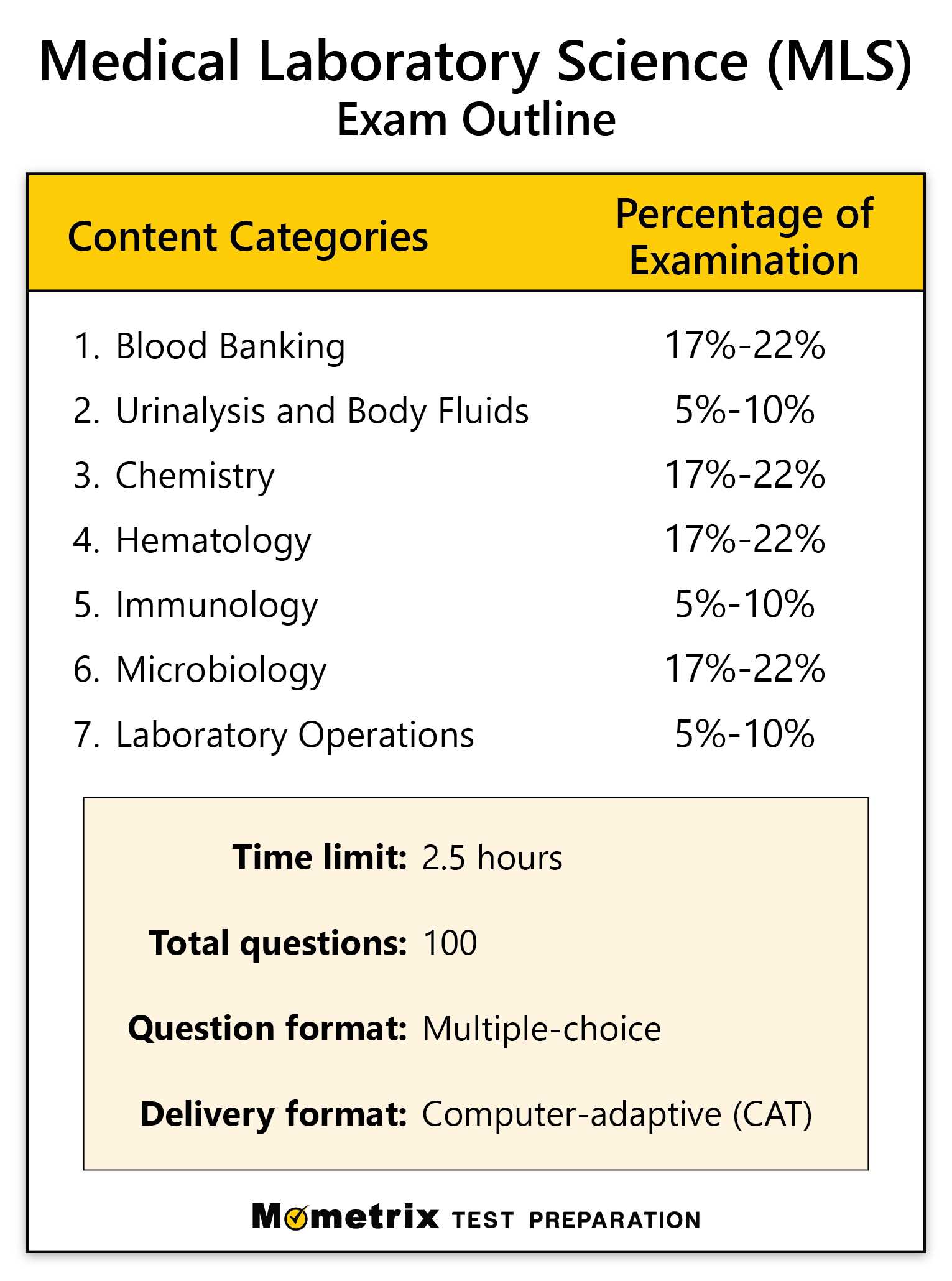
Registering for professional certification in the laboratory sciences requires a series of organized steps to ensure that all requirements are met and the application is successfully submitted. Following a clear process helps candidates avoid errors and ensures timely registration. Below, we break down the essential steps involved in registering for the certification process.
1. Review Prerequisites
Before beginning the registration process, it’s important to review the specific requirements needed to qualify. This includes confirming that your educational background and professional experience meet the necessary standards. Ensure you have the appropriate documentation to support your qualifications.
- Verify Educational Requirements: Ensure your academic credentials are aligned with the certification standards.
- Confirm Work Experience: Double-check that you meet the required experience levels in a clinical or laboratory setting.
2. Complete the Application Form
The next step is to fill out the official application form. This form collects key personal information and professional details. It’s important to fill out each section accurately to avoid delays in the process.
- Personal Information: Include your full name, contact details, and identification information.
- Professional Background: Detail your education, work experience, and any certifications held.
Once the form is complete, ensure that all fields are correct and that all necessary documentation is attached before submitting the application.
3. Pay the Registration Fee
After submitting the application form, you will be required to pay the registration fee. The fee is typically submitted online through a secure payment gateway. Make sure to keep a record of your payment for future reference.
4. Receive Confirmation
Once your application and payment are processed, you will receive a confirmation email. This will include important details about the next steps, including the scheduling of your assessment or other related instructions.
By following these steps and ensuring all requirements are met, you can successfully complete your registration and prepare for the certification process ahead.
Age and Residency Requirements for ASCP
When applying for professional certification in laboratory sciences, applicants must meet certain age and residency requirements. These criteria are in place to ensure that candidates are eligible for certification and that they comply with regulatory standards set by the certifying organization. Understanding these requirements is essential for determining whether you can proceed with your application.
Age Requirements
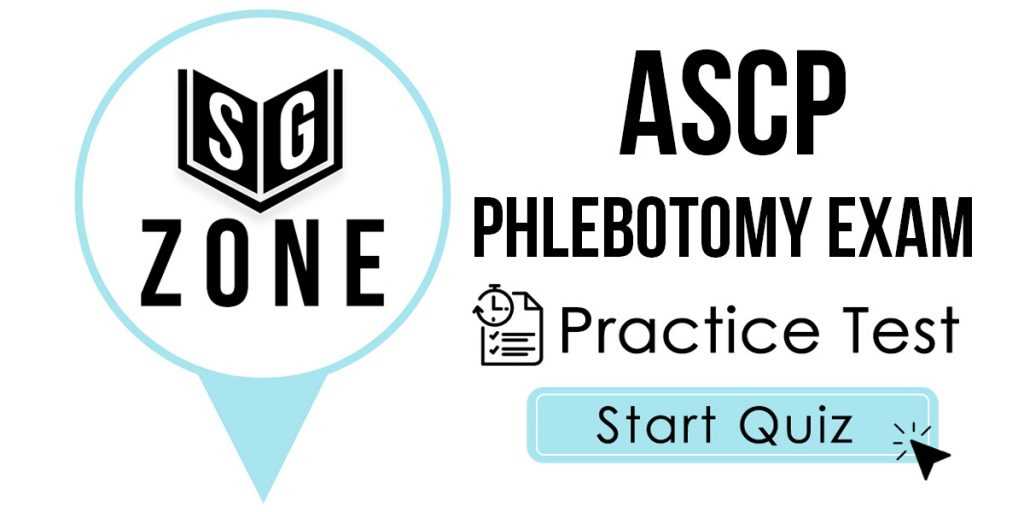
To qualify for certification, candidates generally need to be of a certain age. This is a standard requirement in many certification processes, ensuring that individuals are legally able to enter the professional workforce. Typically, applicants must meet the following age-related criteria:
- Minimum Age: Candidates must be at least 18 years old to apply for certification.
- Age Verification: Applicants may be required to submit a government-issued ID or other official document to confirm their age.
Residency Requirements
Residency requirements ensure that applicants are eligible to take part in the certification process based on their legal residency status. These requirements vary depending on the certifying body’s policies and the candidate’s location. The most common residency stipulations are:
- Legal Residency: Applicants must be a legal resident of the country or region in which they are applying.
- International Applicants: For those residing outside the certifying body’s primary country, additional documentation may be needed to verify residency status.
By meeting these age and residency requirements, you can ensure that you qualify for certification and proceed through the application process without delays. Always double-check the specific criteria for your region or country to avoid any complications.
Exemptions and Exceptions for ASCP Eligibility
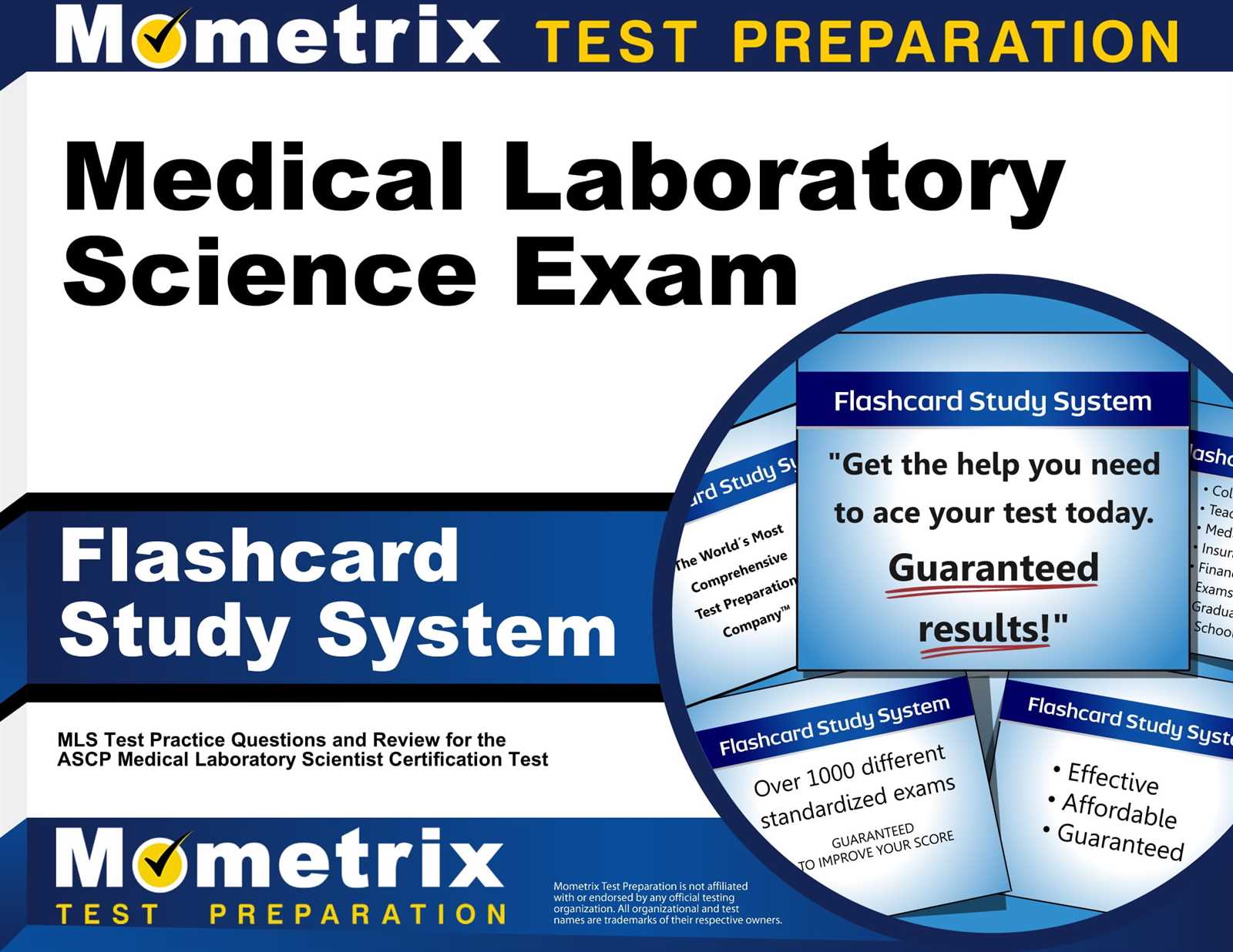
In some cases, applicants may be granted exemptions or exceptions to certain requirements for professional certification in laboratory sciences. These provisions are made to accommodate individuals with unique circumstances, ensuring that they are not unfairly disadvantaged by standard application criteria. Understanding the conditions under which these adjustments apply can help clarify the path to certification for eligible candidates.
Exemptions and exceptions may vary depending on an individual’s background or qualifications. For example, some candidates may be allowed to bypass certain educational or experience requirements if they have equivalent training or relevant professional experience. Other situations, such as military service or international credentials, may also warrant exceptions to standard requirements.
It is important to carefully review the specific criteria for exemptions or exceptions, as they are typically subject to approval by the certifying body. Applicants seeking to take advantage of these provisions must usually provide supporting documentation to demonstrate their qualifications or special circumstances.
ASCP Certification vs State Licensure
While both professional certification and state licensure serve to validate an individual’s qualifications in laboratory sciences, they are distinct processes with different requirements and purposes. Certification generally serves as a recognition of a candidate’s expertise and readiness to perform certain duties, while licensure ensures that a professional meets state-specific legal standards for practice. Understanding the differences between these two processes is essential for professionals navigating the healthcare field.
Certification is often issued by a national or private certifying body and serves to confirm that an individual has met specific standards in education and experience. It may be required for certain positions but is not always mandatory for employment. In contrast, state licensure is a legal requirement to practice within a particular state and is typically enforced by state regulatory boards. The licensure process may include additional criteria, such as passing state exams or fulfilling continuing education requirements.
While some states recognize professional certifications as part of their licensure requirements, others may have separate, state-specific qualifications. It is important for professionals to understand whether they need both certification and licensure to work in their desired role and location.
International Applicants and ASCP Exam
For individuals seeking professional certification in laboratory sciences from outside the United States, there are specific considerations and steps to follow. International applicants must meet additional requirements to ensure their qualifications align with those recognized by the certifying body. Understanding the process and ensuring all criteria are met is key to successfully obtaining certification.
International candidates may need to provide documentation that verifies their education and professional experience. These documents will be evaluated to determine if they meet the equivalent standards set by the certifying authority. The following steps are typically required for international applicants:
- Credential Evaluation: Applicants must submit their academic credentials for evaluation to ensure they are comparable to U.S. standards.
- Foreign Transcripts: In many cases, applicants must have their foreign transcripts translated into English and submitted to the certifying body.
- Work Experience: Applicants must demonstrate that their work experience meets the requirements for certification, which may include submitting letters of recommendation or proof of employment.
- Examination Process: Depending on the certification, international applicants may be required to take the same exams as domestic candidates or undergo additional assessments.
In some cases, international applicants may also need to fulfill additional requirements, such as language proficiency or demonstrating knowledge of U.S. laws and practices related to laboratory sciences. By carefully following the guidelines provided by the certifying body, international candidates can successfully navigate the certification process and pursue professional opportunities in the U.S.
ASCP Eligibility for Medical Laboratory Technicians
For medical laboratory technicians, obtaining professional certification is a crucial step to demonstrate competence in the field. Meeting the necessary requirements for certification ensures that individuals possess the appropriate skills and knowledge to perform their duties effectively. Understanding the specific criteria for medical laboratory technicians is essential for those aiming to advance their careers in laboratory science.
To qualify for certification, candidates must meet a combination of education and professional experience standards. These requirements are typically determined by the certifying body and may include the following:
Educational Requirements
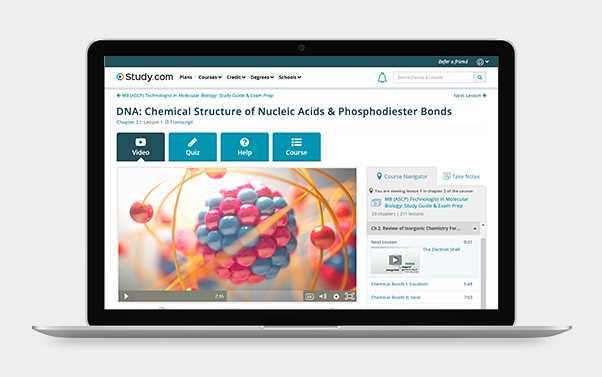
Medical laboratory technicians are required to complete an accredited educational program in laboratory science or a related field. The program must meet specific guidelines and cover the necessary theoretical and practical aspects of laboratory work. Some programs may offer certifications upon completion, while others may prepare individuals to take the certification examination.
Professional Experience
In addition to formal education, candidates must also demonstrate practical experience in a laboratory setting. This experience is essential to ensure that individuals are well-prepared to perform diagnostic tests, handle laboratory equipment, and interpret results accurately. Depending on the certifying body, the required number of hours or years of experience may vary.
By meeting these qualifications, medical laboratory technicians can advance to the certification stage and pursue further professional opportunities.
How to Verify ASCP Eligibility
Verifying your qualifications for professional certification is an essential step in ensuring you meet the necessary standards to apply. The process of confirming your readiness involves checking that all educational, work experience, and documentation requirements are satisfied. This helps avoid delays and ensures that you are prepared to pursue certification.
To verify your qualifications, follow these general steps:
- Review the Certification Requirements: Begin by thoroughly understanding the requirements set by the certifying organization. These include the necessary education, training, and work experience.
- Evaluate Your Education: Make sure your educational background meets the prescribed standards. If you completed your studies outside of the recognized programs, you may need to submit your transcripts for evaluation.
- Confirm Work Experience: Ensure that your professional experience aligns with the required time and skills outlined in the certification guidelines. Some organizations may request detailed work history or references from employers.
- Submit Required Documents: Prepare and submit all necessary paperwork, including your credentials, transcripts, and proof of experience. Double-check that everything is complete and properly translated if applicable.
- Use Official Verification Services: Many certifying bodies provide online verification tools where you can check your qualification status. This tool can help confirm if all conditions are met before you proceed with the next steps in the certification process.
By following these steps, you can ensure that you meet the criteria for professional certification and proceed with confidence to the next phase of your career development.
Common Mistakes in ASCP Application
Submitting an application for certification can be a complex process, and even small errors can delay or prevent approval. Many applicants make avoidable mistakes that can hinder their progress. Understanding these common pitfalls can help you avoid setbacks and ensure a smooth application process.
Here are some of the most frequent mistakes made during the application process:
- Incomplete Documentation: Failing to submit all required documents, such as transcripts, proof of work experience, or educational credentials, is a common mistake. Always double-check the checklist to ensure everything is included.
- Incorrect Information: Providing inaccurate details, whether about your work experience or education, can cause delays. Make sure all information is accurate and corresponds with official records.
- Missing Deadlines: Many applicants fail to meet deadlines for submitting their applications. Ensure you are aware of all dates and submit your materials ahead of time to avoid unnecessary stress.
- Not Following Format Requirements: Certification bodies often require specific formats for documents, such as a particular type of file for your resume or official transcripts. Be sure to follow these guidelines to avoid rejection.
- Assuming Foreign Credentials Are Automatically Accepted: If you earned your degree or credentials internationally, you may need to have them evaluated. Do not assume they will be accepted without verification.
- Overlooking Additional Requirements: Certain certifications may have additional requirements, such as a minimum number of supervised practice hours or specialized training. It’s important to verify that you meet all conditions before applying.
By avoiding these common mistakes, you can streamline your application process and avoid unnecessary delays, ensuring that you are on the path to achieving your certification goals.
Reviewing the ASCP Eligibility Criteria
Before pursuing certification, it is crucial to understand the specific qualifications and conditions required for approval. Ensuring that you meet the necessary prerequisites can help avoid delays and increase your chances of a successful application. Reviewing the detailed requirements is an essential first step in preparing your materials for submission.
Each certification program has its own set of standards, but generally, applicants must fulfill educational and professional experience requirements. It’s important to carefully review the criteria to determine whether your qualifications align with what is needed. Below are some key areas to consider:
Educational Requirements
One of the primary criteria for certification is meeting the educational prerequisites. Applicants typically need to have completed a relevant academic program or training from an accredited institution. This may include courses in laboratory science or related fields, as well as obtaining specific degrees or diplomas.
Professional Experience
In addition to education, work experience plays a significant role in determining eligibility. Applicants often need to demonstrate a certain number of hours worked in a clinical or laboratory setting, under the supervision of a licensed professional. This hands-on experience is critical for showcasing practical skills and knowledge in the field.
By thoroughly reviewing these criteria, you can assess your readiness and determine if you need to take additional steps to meet the requirements. Being well-informed will help ensure that your application is processed smoothly and efficiently.
Importance of Meeting ASCP Requirements
Successfully obtaining certification in the healthcare field relies heavily on meeting specific professional and academic criteria. These prerequisites are put in place to ensure that applicants possess the necessary knowledge and skills to perform at a high standard in their roles. Adhering to these requirements not only strengthens your application but also demonstrates your readiness and dedication to the field.
Meeting the established criteria is essential for several reasons. First, it validates your qualifications and provides assurance to employers that you have the education and experience necessary to excel in your role. Second, it ensures that you are equipped with the most relevant and up-to-date knowledge, which is critical in maintaining a high level of competence in a fast-evolving industry.
Ensuring Professional Credibility
One of the most important benefits of fulfilling all requirements is the professional credibility it provides. Achieving certification is often a sign of your commitment to continuous education and excellence in your field. This credibility can significantly enhance your reputation and increase your career opportunities, as it reflects your dedication to meeting high standards.
Improving Career Prospects
By meeting all qualifications, you not only open the door to more job opportunities but also increase your earning potential. Employers tend to prioritize candidates who meet or exceed certification standards, as they are viewed as more capable and reliable. Certification can set you apart from other applicants, showcasing your ability to meet industry standards and advance in your profession.